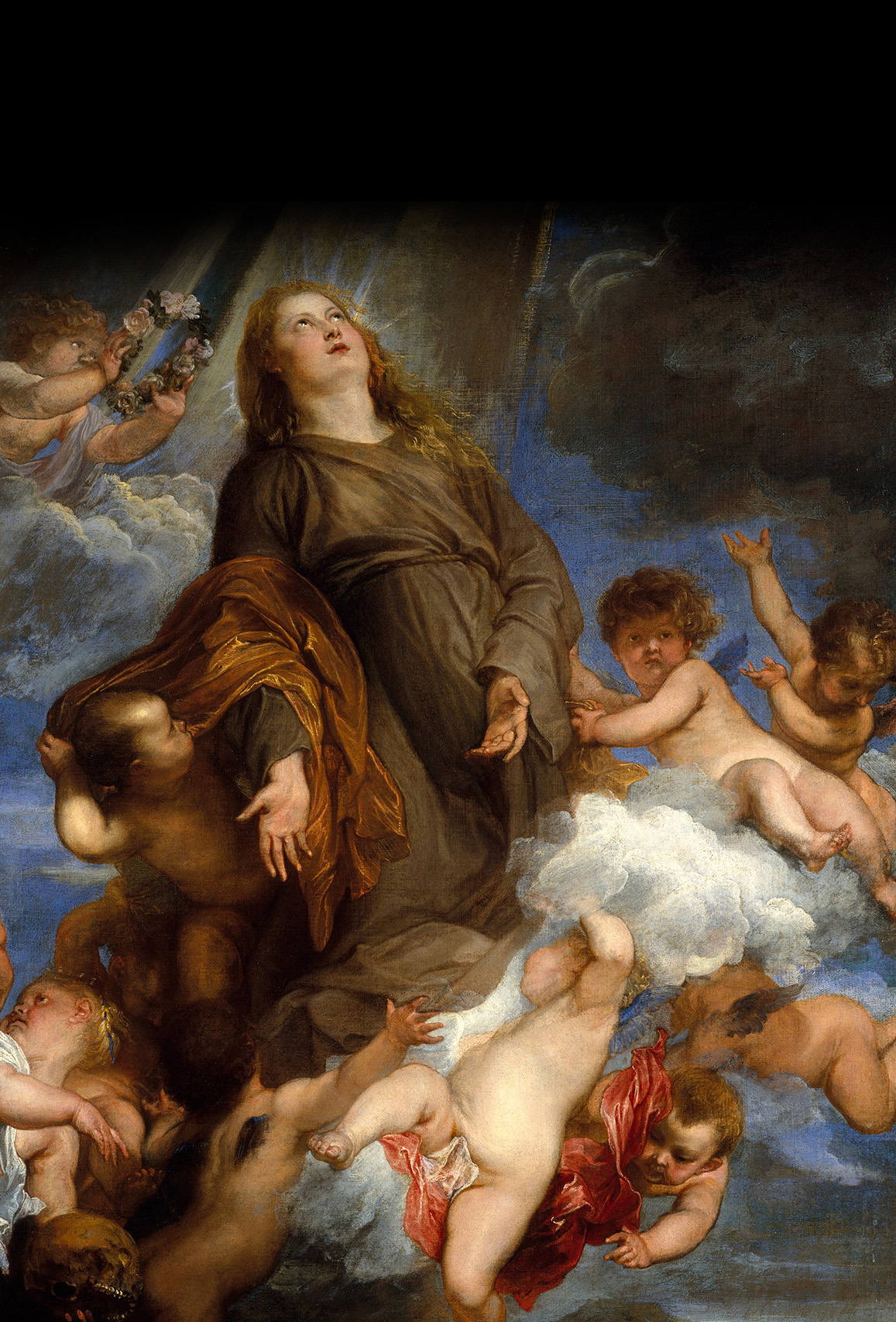As we sit huddled in our homes, insulated behind our walls from the threats lurking outside, I wonder whether we have reached another milestone in our own self-inflicted dehumanization. Like many who have been obsessed with the news, reading and surfing the Internet to all corners of the digital world, I have been horrified by the apocalyptic scenes of people attended to by surreal creatures in hazmat gear, gasping for air in crowded intensive care units, and stored (lifeless) in refrigerated trucks attached to hospital walls.
The panic of not knowing whether we would be saved or condemned—as we stand in front of a new deity that seems to have no interest whatsoever in a world designed to enhance human control over nature—is etched on every face. In the midst of this global chaos, the only commandment that matters is that of social distancing. By keeping six feet or two meters from each other, the virus will reach a dead end and will eventually be washed out of our lives with water and soap, or regular doses of hand sanitizer, leaving behind a trail of destruction and incalculable damage to societies.
The question on everyone’s mind is what are we going back to, for those of us who are lucky to survive the viral massacre. Everyone with a podium is speculating about what kind of future awaits us.
Will brick-and-mortar stores return or will all non-essential shopping be done online? Will workers stay in their homes to work remotely, saving their companies all sorts of overhead costs, or will they return to their cubicles and offices to work at safe distances from one another? How about students, from first-graders in schools to doctoral candidates at universities—will they, too, just get used to studying online, connecting with professors in their homes, and simply abandoning the campus to other ventures? Or will they flock back to their classrooms and labs, and jumpstart their suspended friendships and activities? Some are predicting that handshakes and kiss greetings will now be a thing of the unsanitary past. Who will dare travel or, more importantly, which nation will open its doors to pleasure-seeking tourists without some kind of immunity passport? New scanners will have to be placed at ports of entry to identify virus-carrying terrorists as a sanitary cordon will establish new boundaries.
Some may think that this is our long-overdue reckoning for having sacked the planet and appointed ourselves as its undisputed masters. You’ll have no argument from me—there is something ominous about watching the desperate race to find a cure or a vaccine to keep the coronavirus at bay and reopen the world to business as usual.
Haven’t we had enough of all the non-essential activities that impoverish our lives while adding glitz, or kitsch, to others? There never has been a better moment to think about what kind of life we want to rebuild after the virus has evaporated in the hot summer sun, but the one thing I can’t contemplate is a life of social distancing.
I still remember the anxious face of a young Moroccan man responding to a reporter’s question about this new ritual. “I want to hug my friends and shake their hands.” Yes, handshaking may have started out as an assurance of safety, and yes it could quite conceivably be a bioweapon in the time of viral pandemics, but it is still one of the few rituals that connect human beings across a wide range of differences. To mandate elbow-butting and foot-kicking as substitutes for handshakes, kisses, and hugs is to reduce us to robotic creatures without soul or feelings. Ironically enough, just when we were discovering that humans need touch for their wellbeing, the virus is pushing us into further alienation and loneliness.
Not for us, I fervently wish. To be human is to be at risk. It has always been this way. No amount of social distancing, hygiene, dieting, and exercise will change that. Betrayals and illnesses trail us from the moment we emerge into daylight. Death has a million ways to get us at any given time. We overcome this sordid lot by bonding together, playing, singing, touching, and breaking bread. This pandemic should push us to do more of this, not less. We should have the courage to be human, to trust and love, and avoid more strategies of dehumanization. Human relations are always, in some sense, dangerous, but they are far better than lives of isolation within imaginary cages of uncontaminated air.
Let us get rid of this virus, and let’s keep up normal hygienic practices (hand-washing regularly, coughing in sleeves, wearing a mask not to infect people, etc.), but let us also embrace each other and walk, hand in hand, across our allotted time on earth.





Comments are moderated by the editor and may not appear on this discussion until they have been reviewed and deemed appropriate for posting. All information collected is handled in a manner consistent with our privacy policy.